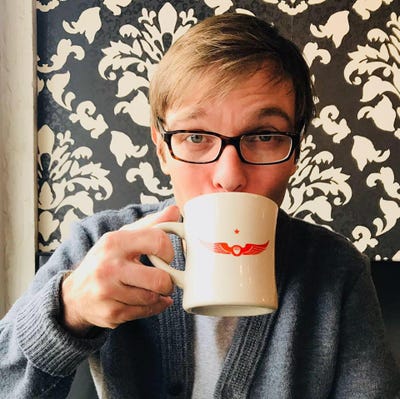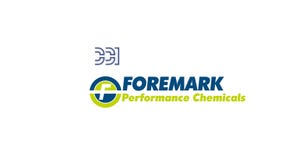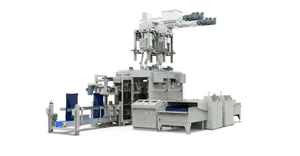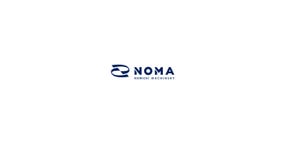See Hoye discusses what it’s like to work as Market Manager – Plant-Based Protein Industry for a drying, evaporation and dewatering technology firm.

Gregory See Hoye was hired as a Market Manager at Dedert Corporation, a drying, evaporation and dewatering technology solutions provider, in January 2021. His current role focuses on supporting developments in the manufacturing of plant-based food ingredients.
Prior to joining Dedert, he most recently served as a Key Account Manager at Deville Technologies Inc. from April 2016 to December 2020. Greg also occupied several sales roles within GEA Process Engineering and GEA Group between 2005 and 2016. He earned a B.Eng in Mechanical Engineering from McGill University.
Powder & Bulk Solids recently asked See Hoye a few questions about his experiences and background as an engineer to provide insight on the various engineering roles within the powder and bulk solids industry.
What is the most rewarding part of working in the field as an engineer to you?
SEE HOYE: To me, engineering is about finding solutions to challenging problems. Engineers are trained to be problem-solvers. I take pride in successfully supporting my customers in finding efficiency-improvement or optimization opportunities to their evaporation or drying processes on plant-based proteins and related co-products. A particularly rewarding aspect of my career has been the opportunity to impart my technical knowledge to others, whether they be customers or junior engineers, as I view this profession as a practical parallel to academic education.
What is the most challenging aspect of your job as an engineer?
SEE HOYE: A customized solution is required when a customer presents a never-before-seen problem or one that is different enough to challenge the status quo technology. Customizations are the most challenging but also the most fun projects to work on since I get to truly develop a partnership with my customers to find the best solution for them. Our Pilot Plant facility allows us to successfully navigate these challenges by integrating the customer into the development project to determine the ideal design parameters.
How did your educational experience(s) prepare you to work in the field?
SEE HOYE: I found that McGill’s engineering program applies a basis for conceptual thinking, rather than teaching step-by-step recipes for problem-solving. This fundamentals-approach prepared me with the skills to think out-of-the-box by viewing challenges from a holistic perspective, which leads to innovative solutions and technology evolutions.
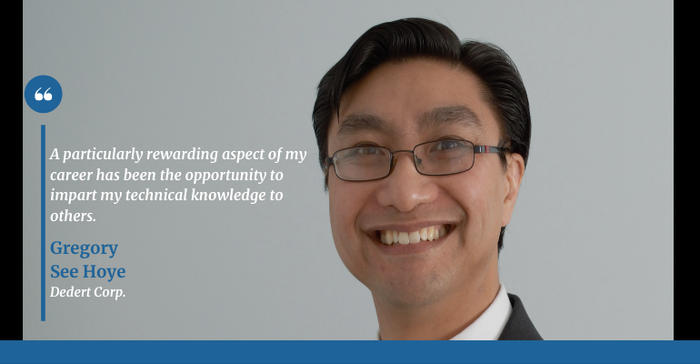
If you could go back and do it again, what would you change about your engineering education?
SEE HOYE: I had chosen a path of strict academics when I was studying engineering with the idea that the practical education would follow during on-the-job training. Maybe I could have taken more practical educational activities like work-semesters or other industry-led course initiatives.
What’s the single most valuable lesson you have learned as an engineer – either in the classroom or in the field?
SEE HOYE: Safety first! As an engineer, we are constantly surrounded by technology or machinery that can be potentially dangerous. An anecdote from my early career involved climbing to the top of a Ring Dryer (several stories above grade) to adjust a vent panel without a harness! Not only could I have fallen but the operational dryer could have had a deflagration event that would have blasted the vent door catastrophically into my body! I only realized my youthful stupidity after I climbed down…and that I could have been thrown off the site had I been caught!
How do you think your engineering role will change over the next decade?
SEE HOYE: One positive thing about the current pandemic is the demonstration that technology can allow us to perform our functions more efficiently with less wasted time, especially with the implementation of remote working. In fact, we recently installed live-stream cameras into our Pilot Plant to allow our clients easier access to tests and demonstrations without the need to travel! Imagine being able to successfully develop solutions and offer 100% customer satisfaction without either of us leaving the comforts of home!
For more career development articles, click here.
About the Author(s)
You May Also Like

